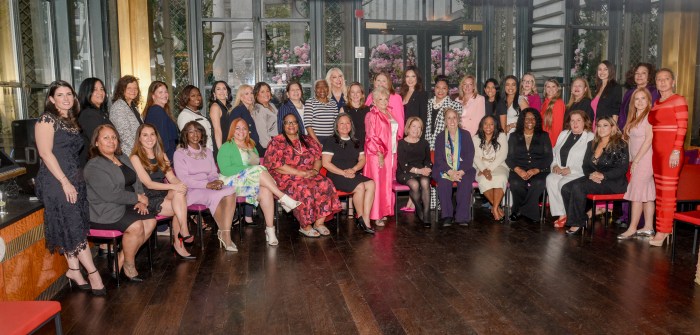***Correction*** The Morris Home is not a shelter in the classic sense, but a treatment center where the city’s trans and gender-variant populations can receive holistic health services.
Jaden’s Story
Jaden Hensley has trouble finding employment due to his felony record. He dealt with depression from a young age and ran away, committing petty thefts and other crimes to support his transient lifestyle. “Everybody thought I was this girl,” he said. “I was never comfortable at home – I felt like I couldn’t be me. I didn’t belong anywhere.”
Hensley’s story is not atypical among those in the trans and gender
variant community. According to a study by Lee Carson with the
Philadelphia Health Management Corporation, transgender people are more
likely to suffer from depression and anxiety, to be alienated from
support systems and to have criminal histories.
Hensley began hormone therapy, including testosterone, subsidized by the Mazzoni Center and found that his depression lifted to the point that he was able to stop taking his mental health medications. “I just feel like this is the person I was always meant to be,” he said.
Now that Hensley has connected with others in the trans and gender variant community, he hopes to one day start a nonprofit providing LGBT services. “My entire mentality changed. It’s not, ‘Let me go out and commit this felony to have money and friends, but let me go out and sell papers and do whatever I have to do to help everybody. Today, its about everybody else, not me.”
The Morris Home
Named for Nizah Morris, a transgendered woman murdered at 16th and Market streets in Dec. 2002, The Morris Home for Trans and Gender-Variant People will open its doors in mere weeks.
Run by the Department of Behavioral Health and Intellectual Disability Services and funded by the city, the treatment center will be the first in the country to offer comprehensive physical and behavioral health services specifically for the transgender community.
“You really can’t work with the trans community without being holistic,” Deputy Commissioner Sade Ali said. “We will provide culturally-appropriate services, not only for the LGBT community, but by the LGBT community.”
Issues addressed will include transitioning safely – “The use of street hormones and silicone injectables are a huge problem,” Ali said, – as well as dealing with the deep-seated emotional trauma and behavioral effects that result from “not being in the body they believe they belong in.”
An Underserved Population
3,000-10,000 is the wide-ranged estimate by the city Department of Behavioral Health and Intellectual Disability for the number of transgender and gender-variant people in Philadelphia. This broad range is a reflection of how understudied and underserved the population is, which Ali openly admits and said she is trying to change.
“The L, G and B have been well-addressed, but the T is often an afterthought,” Ali said. “We’re trying to open a center that will address that population with the wholism that is so greatly needed.”




























